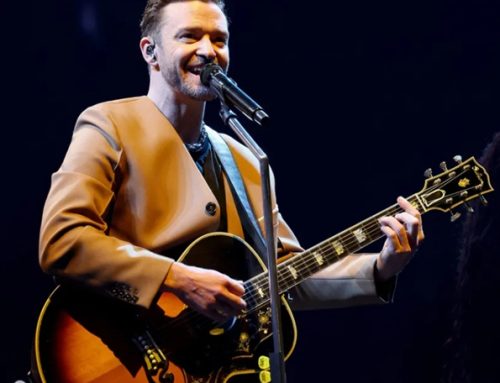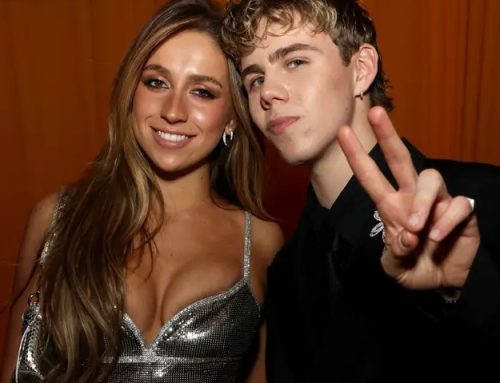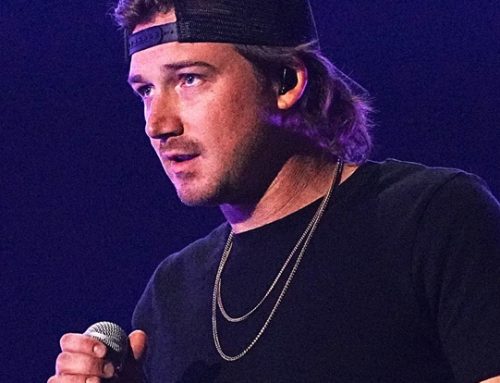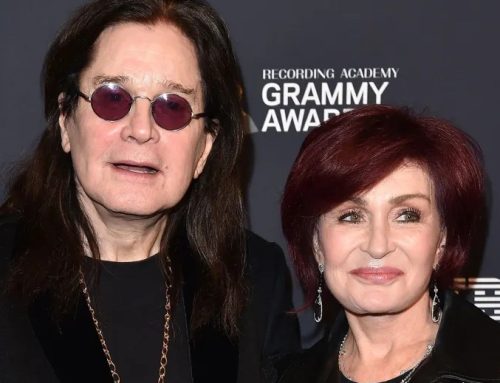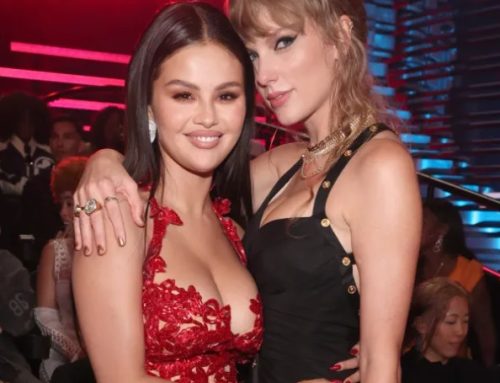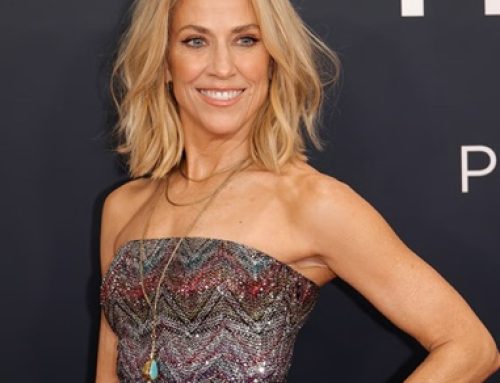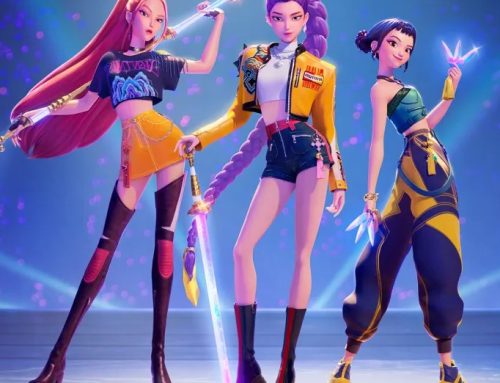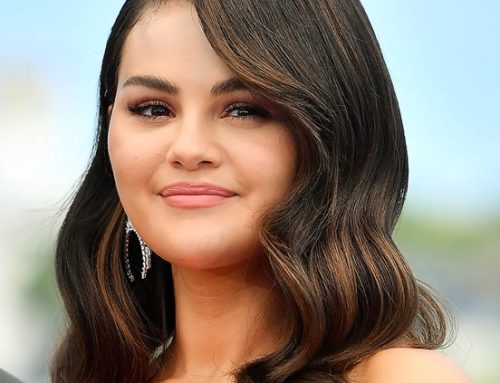K-pop’s global popularity has long touched Latin America, and interest only seems to be accelerating. K-pop agency JYP entertainment, for example, incorporated Spanish alongside English, Japanese and Korean to promote its newest girl group, NMIXX; K-pop tours are increasingly featuring Latin American destinations; and K-pop hits are incorporating Latin stylings, from the reggaeton beats of LE SSERAFIM’s “Antifragile,” to TWICE’s bossa nova summer anthem “Alcohol Free.”
But South Korea’s girl group BLACKSWAN is taking Latin a step further by featuring a Latin member.
Originally formed under the name Rania in 2011, label DR Music rebranded the girl group as BLACKSWAN in 2020, featuring a mixture of Korean and non-Korean members. Today, the quartet features exclusively non-Korean members including Gabi (real name Gabriela Strassburger Dalcin), a Brazilian-born singer and dancer. Gabi, who joined BLACKSWAN in May 2022, moved to South Korea in the fall of 2021 hoping for a career in K-pop.
Billboard caught up with Gabi to trace her journey from Florianopolis in Brazil to the stages of Seoul to talk about BLACKSWAN’s new single, “Karma.” The song was released in May, and it’s video — shot in India — is a lavish, colorful visual, just another sign of K-pop going global.
Read on for our interview with the K-pop artist.
Brazil is a cultural melting pot. Was K-pop something that you discovered back home?
Yes. The first K-pop memory that I remember being “K-pop” was when my friend showed me a video of BTS in 2016. There were [already] a lot of Brazilian fans of K-pop. But later on, I also discovered that K-pop was a style too. It featured phenomenal songs spread all over the world.
Walk me through the day that you decided, I, Gabi from Florianopolis, Brazil, am going to train to become a K-pop idol.
Since I was young, I always wanted to work with art in the future. So I always practiced vocals, and I did musical theater as well. In musical theater, we need to act, sing and dance at the same time. Because of that, when I saw K-pop, I was really impressed. Oh, so there is a style where the people sing and dance at the same time and then they can perform and produce their own songs. I want to sing and dance, and do like they do because they are such an inspiration.
What has the fan response been from people back in Brazil?
Not just the Brazilian fans. I guess every country in the world these days — they are giving me so much love and support. It makes me want to continue producing music and producing new content for them. And what I love, hopefully fans are loving too.
Have you encountered any difficulties as a non-Korean?
The main [difficulty] point was [speaking] Korean. I need to learn their language, and I need to work two times harder to learn a new language and be able to respect their [culture] and work here [in Korea] with them.
How do you feel about K-pop and Latin American music blending together?
I really love it because music is global. Everyone can do music, everyone can listen to music independent of the style of the kind of a song. So I really love the fact that K-pop is introducing Latin styles in their songs because it shows that they like [Latin music]. I hope BLACKSWAN in the future does some [Latin-style] songs too.
Tell us about your new single “Karma,” which you released in May.
I like the meaning of [the word] “karma” because it can be a good or bad thing — it just depends on what you do. I see “Karma” as a good new face for BLACKSWAN. We are doing this comeback with so much enthusiasm, passion — and our harmony as a group is so real. I feel that good karma is going to come around. Since we are doing this with love, we will hopefully receive love too.



